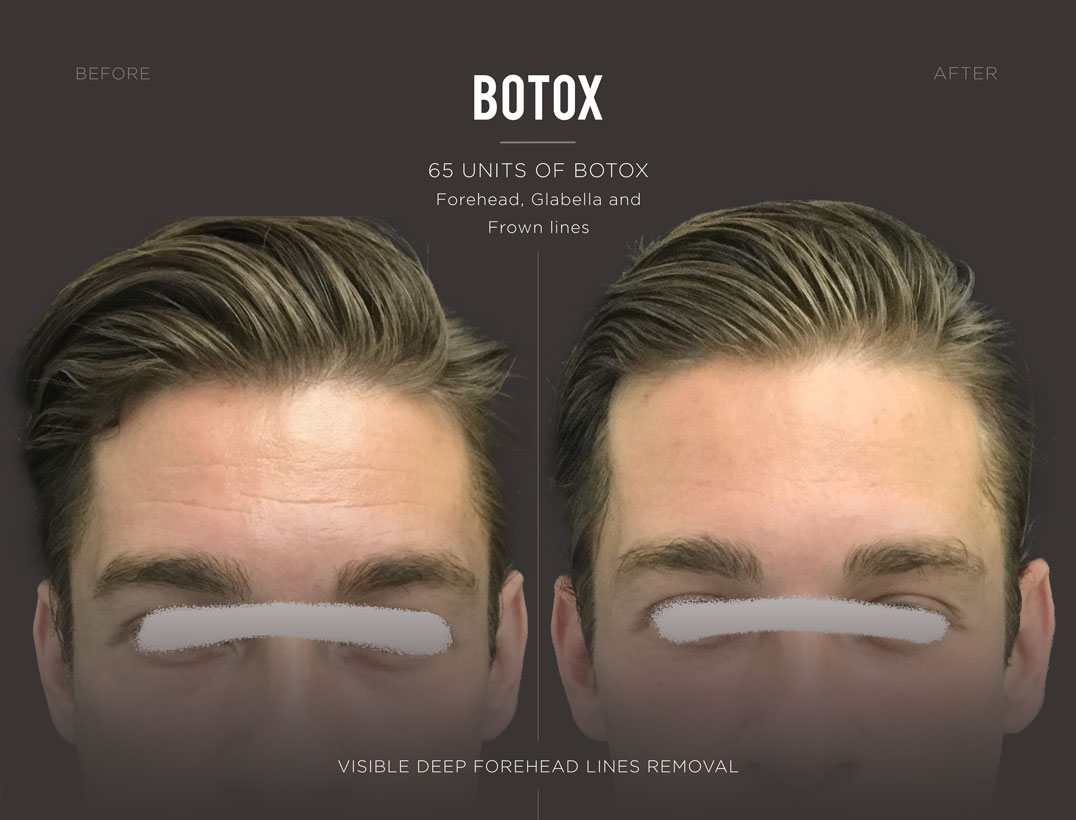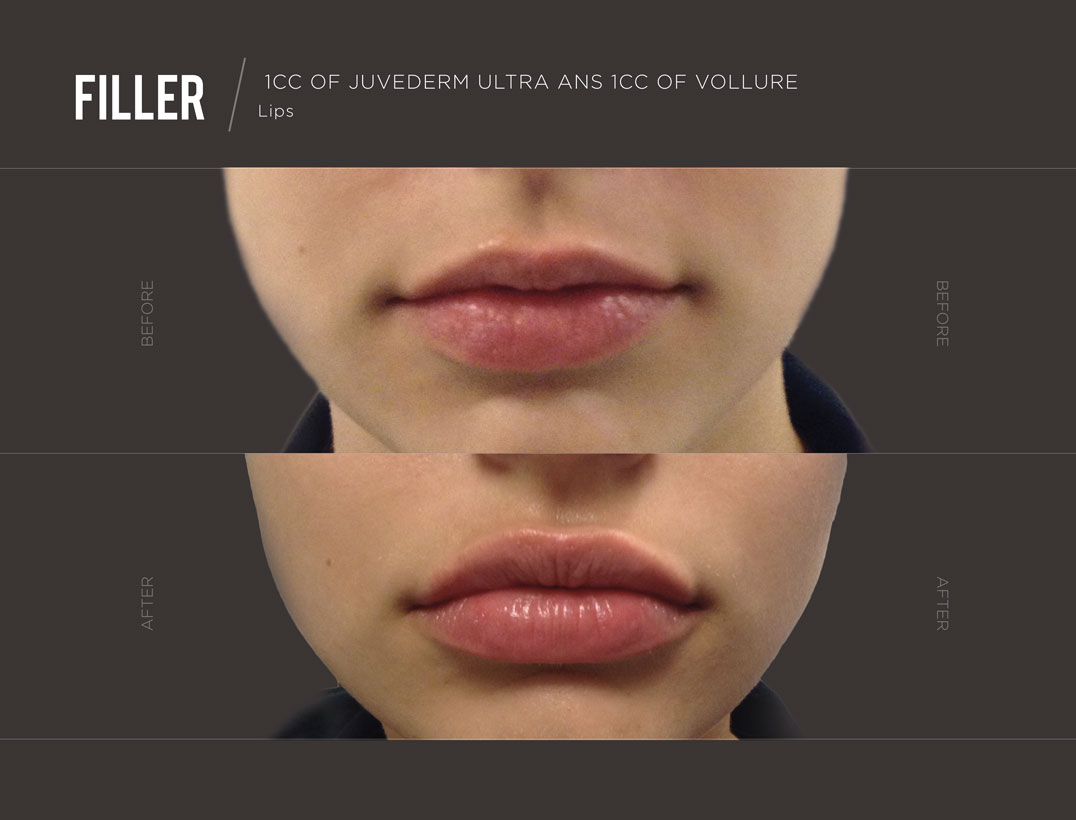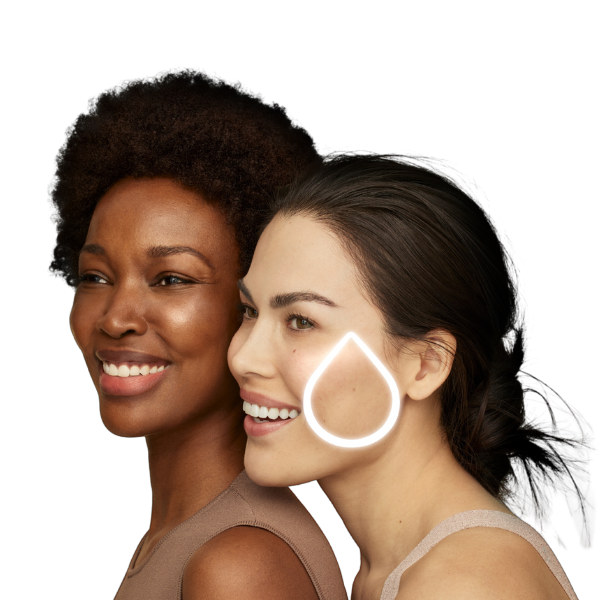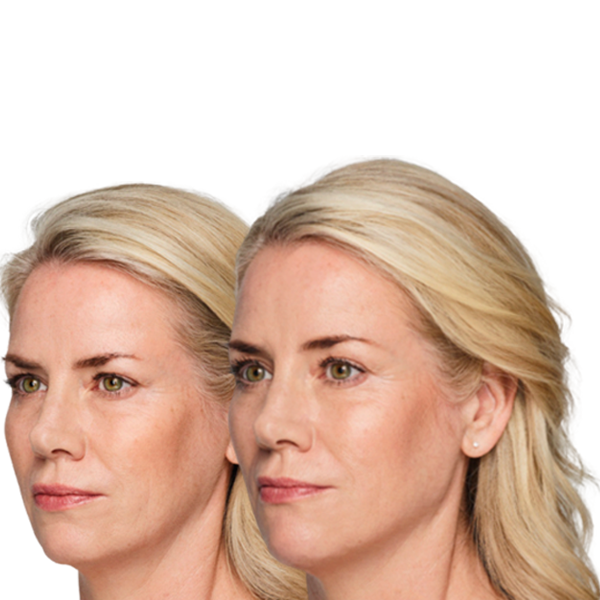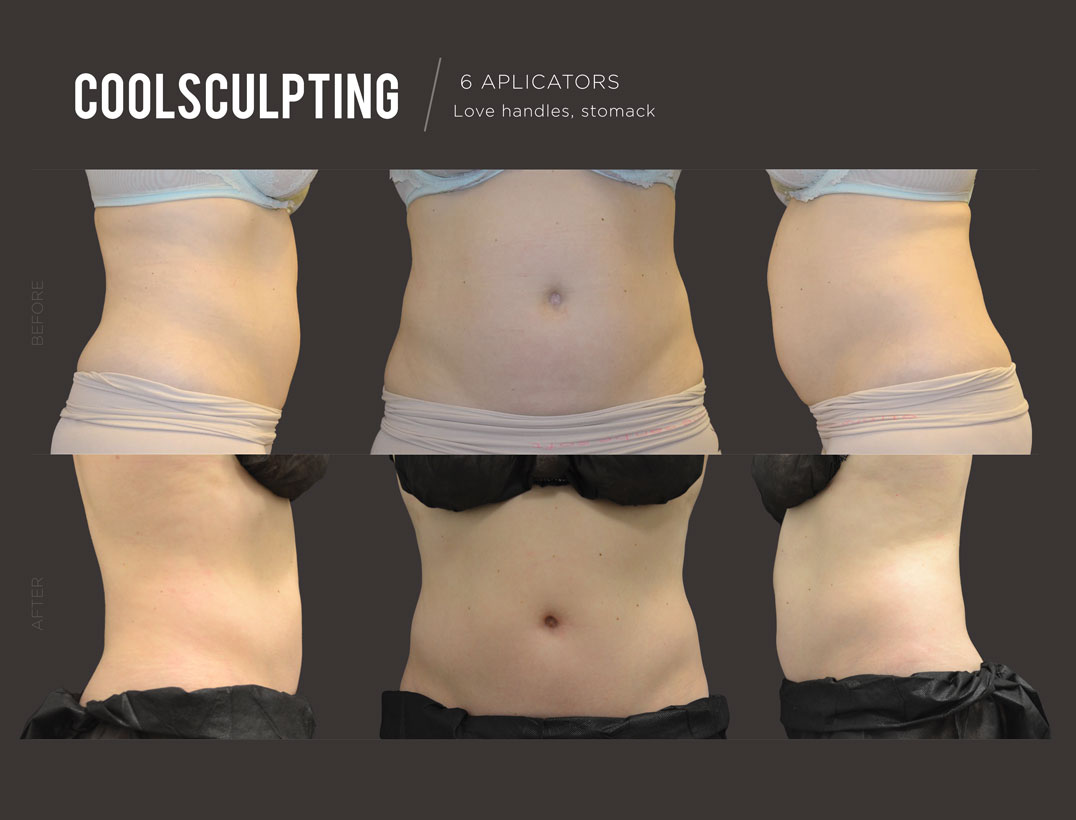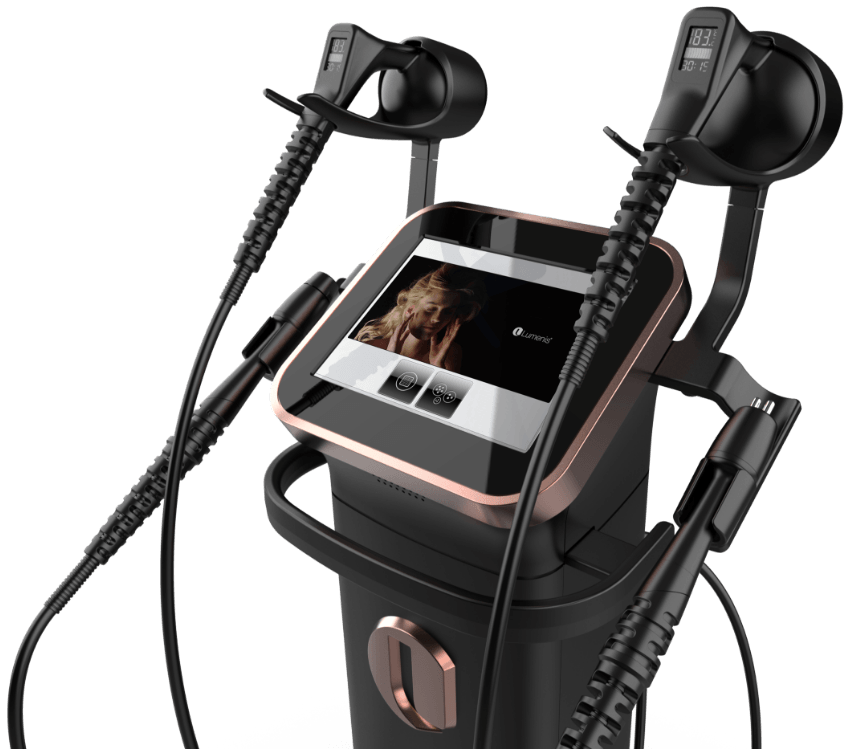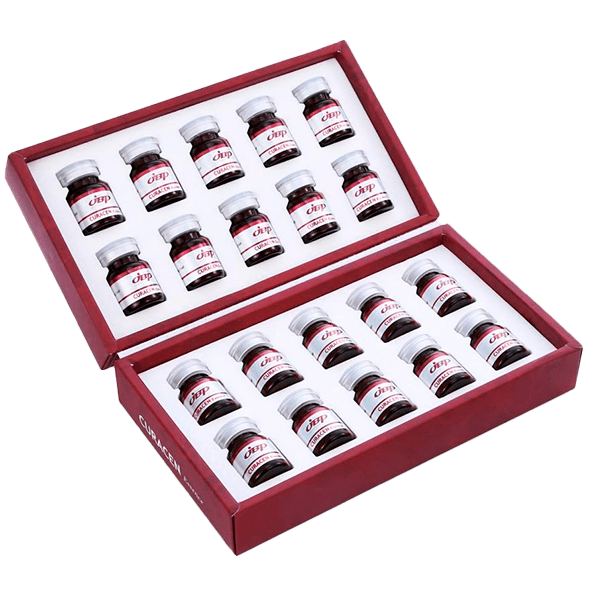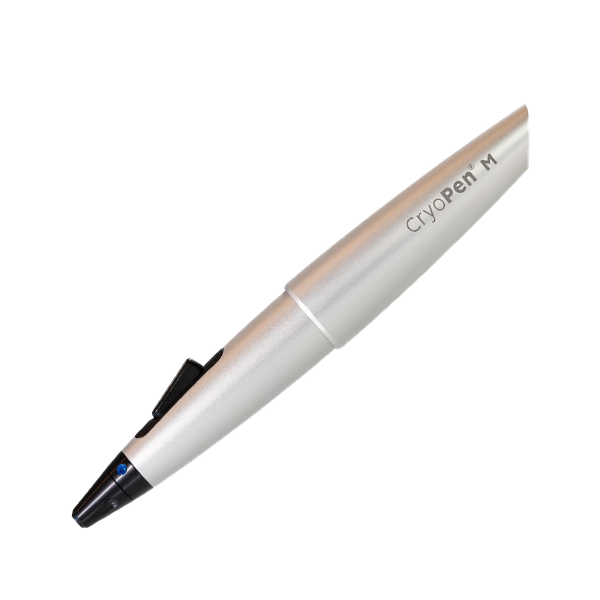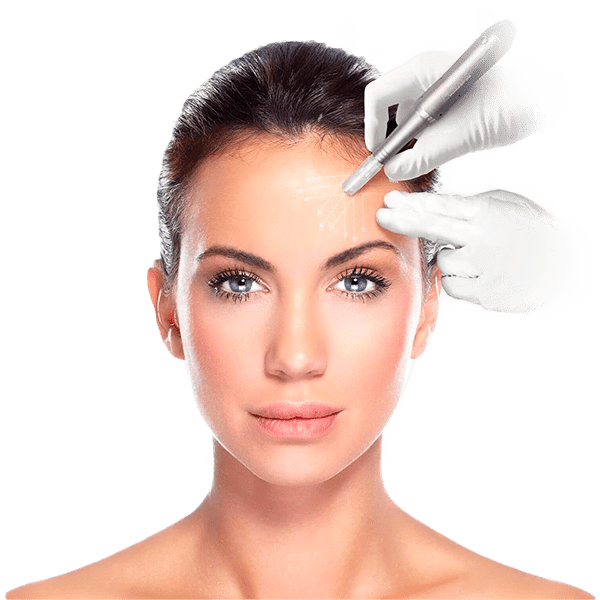DURATION:
START AT:
$
ONE SPACE ENTREPRENEUR'S $250 MILLION MISSION TO STOP AGING
2018-02-15
Select Our Office
for Your Free Consultation
Peter Diamandis wants to extend the human lifespan--using placentas.
A scientist handles stem cells extracted from a human placenta. CREDIT: Courtesy Celularity/Dave Kotinsky
By Kevin J. Ryan, Staff writer, Inc.@wheresKR
Slowing down the aging process has become an obsession for a growing number of high-profile tech entrepreneurs. PayPal co-founder and venture capitalist Peter Thiel has invested millions into longevity companies and, infamously, has looked into receiving injections of young people's blood. Google co-founder Larry Page launched Calico, a startup working to combat age-related diseases like Alzheimer's and Parkinson's, in 2013. And when he's not trying to turn the moon into a tourism hub, Naveen Jain is working on making illness "optional" by studying the bacteria naturally found in people's guts.
Add Peter Diamandis to that ever-growing list. The serial entrepreneur, perhaps best known as the founder of the X Prize competition and the tech-focused think tank Singularity University, is no stranger to moonshot ventures: Planetary Resources, which he co-founded in 2009, has the goal of one day landing a spaceship on an asteroid and mining it for oil.
Diamandis's newest startup, Celularity, is emerging from stealth mode Thursday. The company is working on finding a remedy to many of the world's worst illnesses within an unlikely source: human placentas. The entrepreneur claims that by extracting stem cells from those placentas, Celularity will be able to fight disease as well as slow down the aging process, thus extending the human life span. It's already begun FDA-approved clinical trials on humans and is aiming to go to market with some of its therapies as soon as this year.
"We want to give you the cognition, the aesthetics, and the mobility at 100 that you had at 60," Diamandis says. "The implications of this are going to be massive."
Why placentas?
Diamandis's co-founder at Celularity is Robert Hariri, a surgeon and the founder and former CEO of biomedical giant Celgene's Cellular Therapeutics Division. Hariri has been researching stem cells for two decades.
Peter Diamandis (left) and Robert Hariri.CREDIT: Courtesy Celularity/Elizabeth Lippman
Stem cells serve as biological building blocks thanks to their ability to divide and develop into other kinds of specialized cells. Back in the late 1990s, scientists began studying stem cells within embyros in earnest, seeking ways to use them to help repair or regenerate tissue and organs within the body.
Embryonic stem cells come with several natural restrictions, though: Each embryo contains only a handful of them, and once they're injected into a fully grown human, there's a chance his or her body will reject them.
In recent years, researchers including Hariri have begun focusing on the placenta--the organ that delivers nutrients to the fetus during pregnancy--as a new potential source of the valuable cells. "It's an organ that's designed to be accepted by a recipient without rejecting it," Hariri says. "You can imagine how important that is, and how therapeutically powerful that could be." Plus, he says, each placenta can be used for 100,000 treatments, with the stem cells being frozen and used as needed over the course of several decades.
In 1998, Hariri founded LifeBank USA as a storage center for placentas and umbilical cord blood. Three years later, he became the first person to file a patent for regrowing organs using placental stem cells. Then, in 2016, he and longtime friend Diamandis teamed up to begin Celularity. The company will absorb LifeBank and serve as a spinout of Celgene, which has given it a significant advantage: Thanks to backing from its parent company as well as Sorrento Therapeutics and others, Celularity is launching with some $250 million in funding.
The 'regenerative engine'
Celularity is betting that by administering stem cells to patients, often via injection, it will be able to stimulate natural regenerative processes to repair injured or diseased tissue or organs, be it the liver, kidneys, or lungs. The New Jersey-based company hopes that these therapies can fight autoimmune diseases, like Crohn's disease, as well as cancer. Hariri says that in its lab studies, the company's treatments for certain types of cancer have been "encouraging," and that it expects to have more definitive results by the end of 2018.
Several of the startup's therapies have advanced through Phase II of FDA-approved clinical testing, the stage during which treatment is administered to hundreds of patients and compared with a control group. "These are pretty vast and have incredible results," Diamandis says.
If the trials continue to be successful, Hariri estimates that the company's therapies could be approved in the U.S. in three to five years. In some countries, that might come as soon as this year.
Aside from fighting disease, the company thinks it can slow down the aging process by providing the body with fresh new building blocks. "We found that stem cells in organs and tissues degrade in both sheer numbers and in their integrity as people age," Hariri says. "It turns out that if you have cells that are collected at birth and stored away in a deep freeze, and you deliver those cells later on in life, they actually recharge what we call the 'regenerative engine' of the body. That regenerative engine is what keeps you looking young, acting young, operating youthfully."
Thanks to the company's biobanking business, the co-founders see Celularity as a one-stop shop where customers can have their placentas frozen at birth and then come back for treatments later in life. Hariri uses an unlikely metaphor for the process: it's like tiling a new bathroom floor. "It's always a good idea to keep a couple extra tiles," he says. "If they get damaged, you can replace them and it looks brand new again."
An emerging field
Regenerating your health the way you makeover the bathroom floor may sound promising, but it's worth noting that the science of placental stem cells is fairly young. Even treatments that use embryonic stem cells, which have about a decade's head start on placental stem cell research, are still in their early stages.
"These things take a long time," says Richard Lee, a medical doctor and professor of stem cell and regenerative biology at Harvard University. Lee says that commercialization of stem cell therapy is yet to take off, though clinical studies and lab research have been progressing.
"You're starting to see stem cell-based therapies becoming pretty realistic," he says. "I have a feeling that a lot of the science is going to work out the potential over the next decade, and the decade after that will be about making things more efficient and less expensive."
Still, the goal of slowing down the aging process is an ambitious one. "There have been a lot of extraordinary claims in the aging space and darn little has held up over the years," says Charles Murry, who helps set guidelines for the International Society for Stem Cell Research and serves as director of the University of Washington's Institute for Stem Cell and Regenerative Medicine. "It's kind of a graveyard of hyperbole."
Murry thinks that while the concept of slowing down aging is still far-fetched, the idea of attacking specific illnesses, like Crohn's, seems more realistic. "We know these cells that come from the placenta can talk to the immune system," he says. "They can tell the immune system to chill. So there's plausibility to that. But plausibility and evidence are two different things."
Diamandis believes that evidence will come as Celularity's therapies progress through clinical testing. The company has some additional momentum on its side: Celularity's intellectual property encompasses more than 800 granted patents, and its board includes Google Ventures founder Bill Maris and former Apple CEO John Sculley.
Diamandis is particularly excited about the prospect of slowing down aging. Overall, he thinks the company can extend the human lifespan by 30 to 40 percent.
"Our vision is to augment immunity and augment longevity," Diamandis says. "That's what were doing, and that's the powerhouse that we've built in Celularity."
Original article on Inc.com: https://www.inc.com/kevin-j-ryan/celularity-uses-stem-cells-placentas-to-improve-human-longevity.html
Trifecta Med Spa is the first clinic in New York to offer Human Placenta extract which brings a huge anti-aging benefits to the skin. CURACEN and LAENNEC are ethical products manufactured with JBP’s unique technologies for effective extraction of variety of growth factors, cytokines and other physiologically active substances from the human placenta. We offer Facial placenta treatment in our offices in New York.
Please call Trifecta Med Spa at (800) 757-4026 for a Free Placenta consultation.
